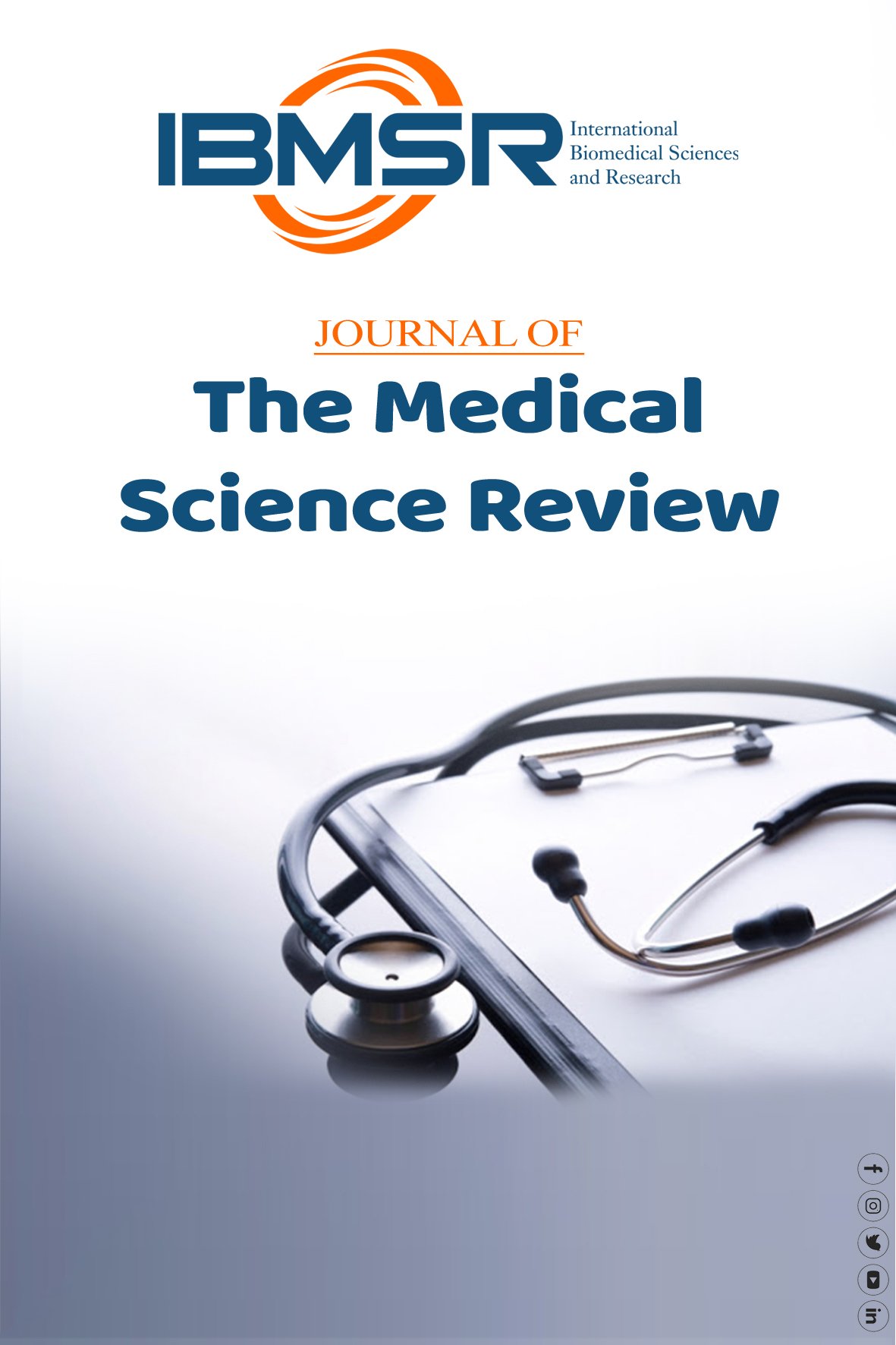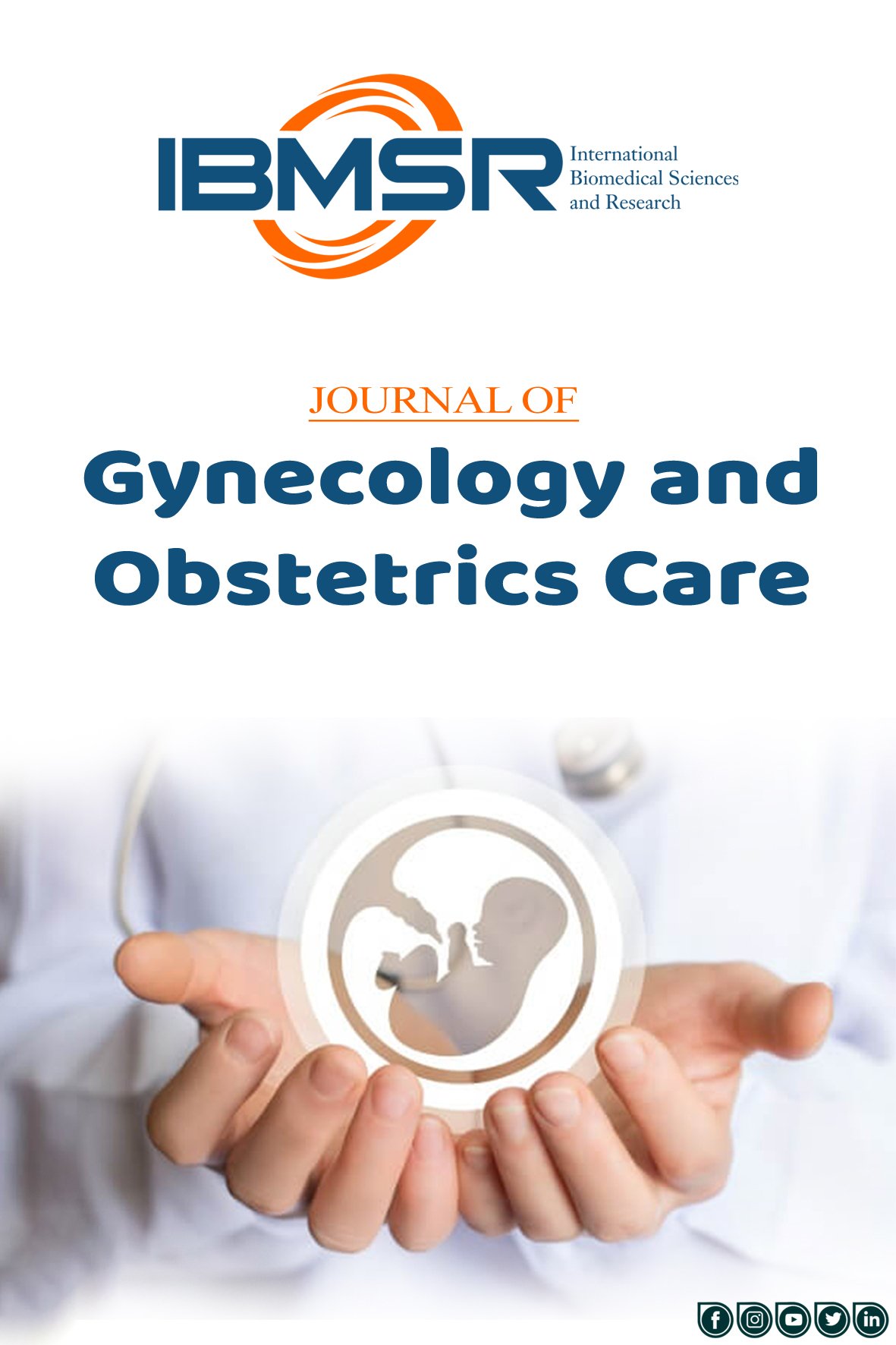Your Guide to Excellence in Peer Review: Making a Difference in Academic Publishing
The Rewarding Journey of Peer Review
While peer reviewing can be a time-intensive commitment, it's truly one of the most rewarding privileges in academic life. Think of it as an exciting educational adventure where you get to explore cutting-edge research while helping fellow scientists refine their work. However, before diving in, it's essential to ensure the manuscript falls squarely within your area of expertise – this ensures you can provide the most valuable feedback possible.
Before agreeing to review
Managing Your Time and Commitments
When you receive an invitation to review, you'll typically have a tentative timeline to work with, though we understand that life happens and extensions can certainly be granted when needed. If you find yourself unable to accept the invitation due to time constraints, please reach out to the editor immediately. Even better, if you can suggest other qualified reviewers who might be perfect for the manuscript, that's incredibly helpful for maintaining the review process momentum.
Navigating Conflicts of Interest
As a reviewer, your primary mission is to provide critical yet constructive evaluation of the manuscript's content. This means approaching each review with fresh eyes and professional objectivity, free from any personal or professional conflicts that might cloud your judgment.
The Art of Effective Manuscript Review
Maintaining Professional Standards
The golden rule of peer review is simple: never let personal feelings about the researchers influence your assessment of their work. Your review comments should always be professional, constructive, and focused on helping authors enhance their paper's quality and present their research with maximum clarity and impact.
Key Areas to Focus On During Your Review
When you're diving into a manuscript, here are the essential elements that deserve your attention:
Originality and Quality Assessment Once you've accepted the review invitation, your first task involves evaluating the research's originality and the overall quality of the submitted manuscript. Ask yourself: Does this work contribute something new to the field? Is the execution solid?
Structural Evaluation Take a close look at the manuscript's organization. Does it include all the essential components – a compelling abstract, comprehensive introduction, clear methods section, well-presented results, thoughtful discussion, and meaningful conclusion? Each section should flow logically into the next.
Working Within Timelines You'll typically have 14 days to complete your review – enough time to provide thoughtful feedback without rushing the process.
Maintaining Confidentiality Remember, the review process is confidential. If you have any questions or concerns during your review, reach out directly to the editor rather than contacting authors or discussing the manuscript with colleagues.
Crafting Your Review Report
Essential Evaluation Criteria
When preparing your review, focus on these critical aspects:
- Research Originality: How novel is this work? Does it break new ground or offer fresh perspectives?
- Field Contribution: What does this research add to the existing body of knowledge?
- Overall Quality: Is the research methodology sound? Are the conclusions well-supported?
- Presentation Clarity: Can readers easily follow the authors' logic and findings?
- Research Depth: Have the authors thoroughly explored their topic and considered alternative explanations?
Making Your Recommendation
Your final recommendation should fall into one of these categories:
-
Accept: The manuscript is ready for publication as-is
-
Minor Revision: Small improvements needed before publication
-
Major Revision: Significant changes required, but the core research is valuable
-
Scope Mismatch: Suggest submission to a more appropriate journal
- Reject: The manuscript doesn't meet publication standards
Your Essential Responsibilities as a Reviewer
Providing Balanced, Honest Feedback
Your role involves thoroughly analyzing both the strengths and weaknesses of the manuscript. Offer honest, precise comments and provide actionable suggestions that help authors elevate their work's quality. Think of yourself as a mentor helping to polish a diamond.
Avoiding Conflicts of Interest
Never review manuscripts you've co-authored or those written by colleagues from your institution. This ensures your objectivity remains intact and maintains the integrity of the peer review process.
Maintaining Communication Protocols
Once you've accepted a review assignment, direct all questions and concerns to the editor. This maintains the confidential nature of the review process and ensures proper communication channels.
Serving as an Ethics Guardian
You play a crucial role in maintaining research integrity. If you spot suspected plagiarism, duplicate publication, or ethical concerns regarding animal or human research subjects, it's your responsibility to alert the editor immediately.
Ensuring Compliance Standards
Keep an eye on whether authors have followed publication ethics guidelines, author instructions, and editorial policies. Your attention to these details helps maintain the journal's standards and supports the broader academic community.
The Impact of Your Contribution
Remember, your thoughtful review doesn't just improve one manuscript – it contributes to the advancement of knowledge in your field and helps maintain the quality standards that make academic publishing valuable. Every review you complete helps strengthen the foundation of scientific communication and supports your fellow researchers in sharing their discoveries with the world.
List of Open Access Journals View More
Journal of Advanced Biological Research
Journal of Advanced Biological Research is an Open Access journal committed to publishing original articles, discoveries, and ongoing developments in biological sciences. It provides a reliable platform for sharing research across molecular biology, biotechnology, genetics, and life sciences, reaching scientists, researchers, and academics globally....View More
Journal of Medical Science Review
Journal of Medical Science Updates is an Open Access journal focused on publishing original research, discoveries, and ongoing advancements across all areas of medical science. It offers a reliable source of up-to-date information for researchers, clinicians, and healthcare professionals, promoting knowledge sharing and evidence-based practice worldwide....View More
Pharmaqube journal
Journal of Pharmaqube is an Open Access journal that publishes original research, case studies, and advancements in pharmaceutical sciences and public health. It provides a reliable platform for sharing innovative therapies, drug development, and health interventions aimed at improving community health and clinical practice globally....View More
Journal of Gynecology and Obstetric Care
Journal of Gynecology and Obstetric Care is an Open Access journal and aims to publish most complete and reliable source of information on the discoveries and current developments on reproductive health, prenatal care, diagnosis, screening, testing, maternal-fetal medicine, reproductive medicine in obstetrics and gynecology in the mode of original articles...View More




